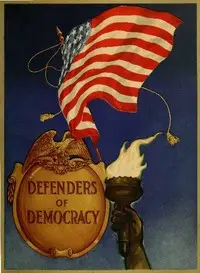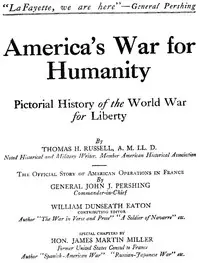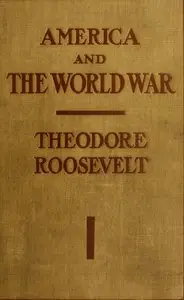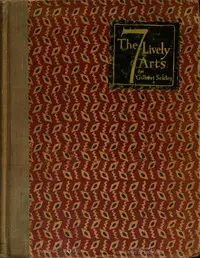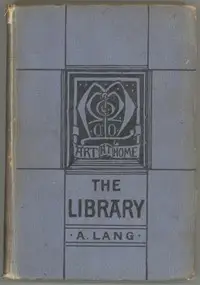"Proclaim Liberty!" by Gilbert Seldes is a wartime call to arms, urging Americans to find strength in their shared history to confront the looming threat of the Axis powers during World War II. The book ignites with a stark warning: America faces an enemy capable of its destruction. Seldes challenges the idea that Pearl Harbor was a unifying moment, arguing that true unity comes from deeply understanding America’s historical values and collective identity. He emphasizes that recognizing the enemy's nature and what's at stake is crucial for winning the war and securing America's future, setting the stage for an exploration of American character, destiny, and the strategies needed to protect it.

Proclaim Liberty!
By Gilbert Seldes
In a world gripped by war, discover how a nation's past and present intertwine to ignite a powerful defense against a formidable enemy threatening its very existence.
Summary
About the AuthorGilbert Vivian Seldes was an American writer and cultural critic. Seldes served as the editor and drama critic of the seminal modernist magazine The Dial and hosted the NBC television program The Subject is Jazz (1958). He also wrote for other magazines and newspapers like Vanity Fair and the Saturday Evening Post. He was most interested in American popular culture and cultural history. He wrote and adapted for Broadway, including Lysistrata and A Midsummer Night's Dream in the 1930s. Later, he made films, wrote radio scripts and became the first director of television for CBS News and the founding dean of the Annenberg School for Communication at the University of Pennsylvania.
Gilbert Vivian Seldes was an American writer and cultural critic. Seldes served as the editor and drama critic of the seminal modernist magazine The Dial and hosted the NBC television program The Subject is Jazz (1958). He also wrote for other magazines and newspapers like Vanity Fair and the Saturday Evening Post. He was most interested in American popular culture and cultural history. He wrote and adapted for Broadway, including Lysistrata and A Midsummer Night's Dream in the 1930s. Later, he made films, wrote radio scripts and became the first director of television for CBS News and the founding dean of the Annenberg School for Communication at the University of Pennsylvania.

